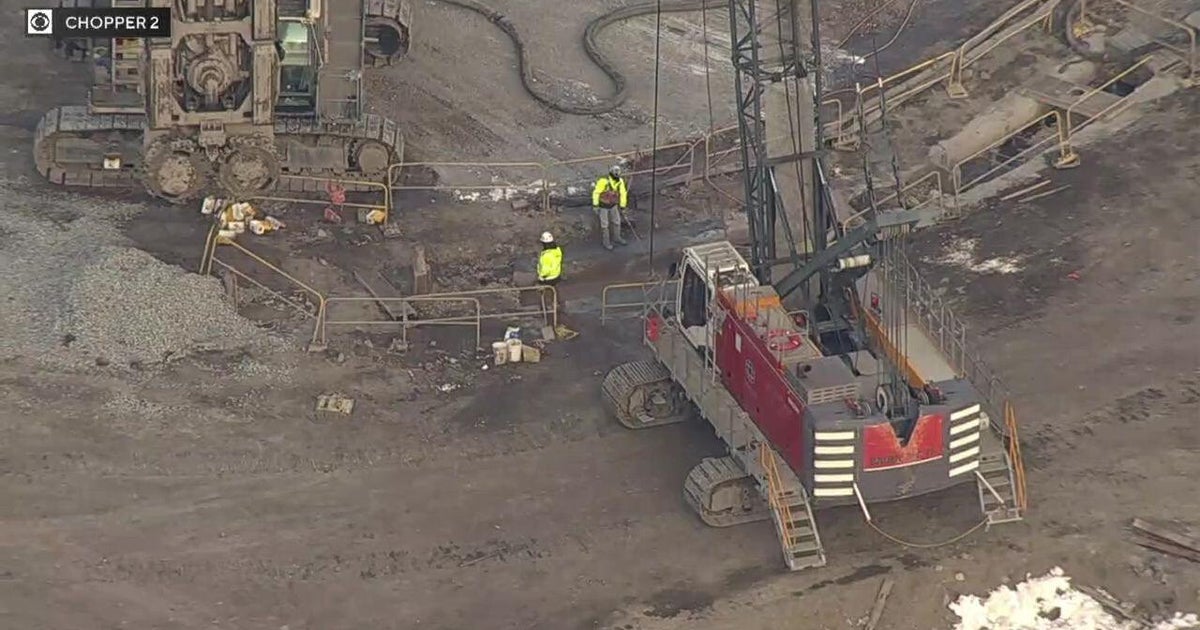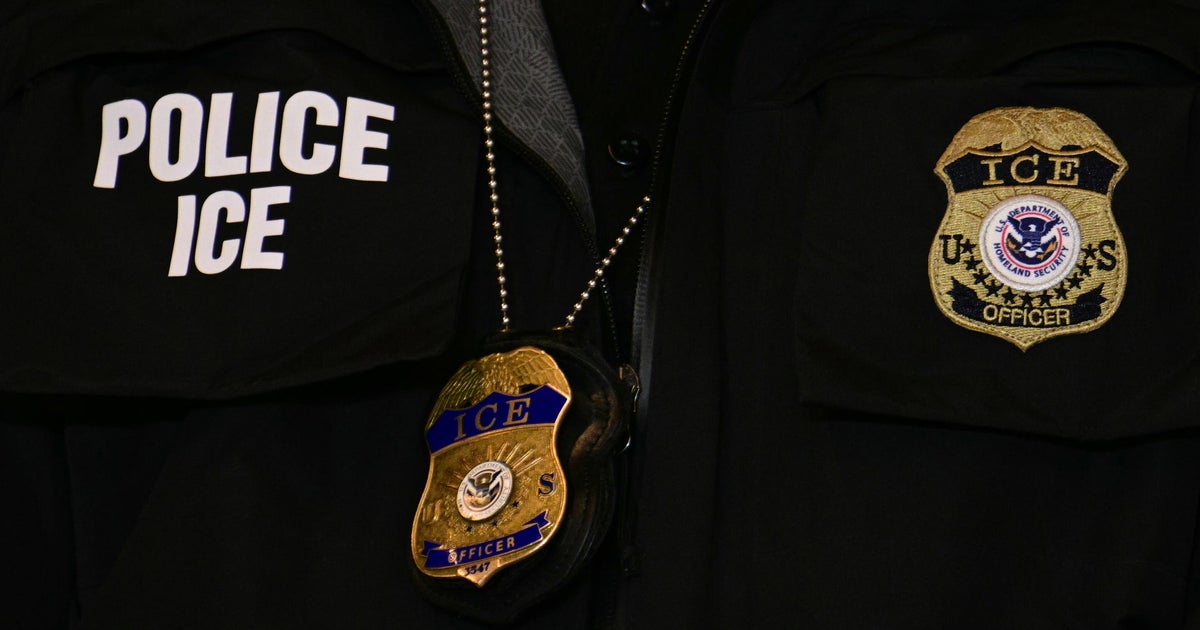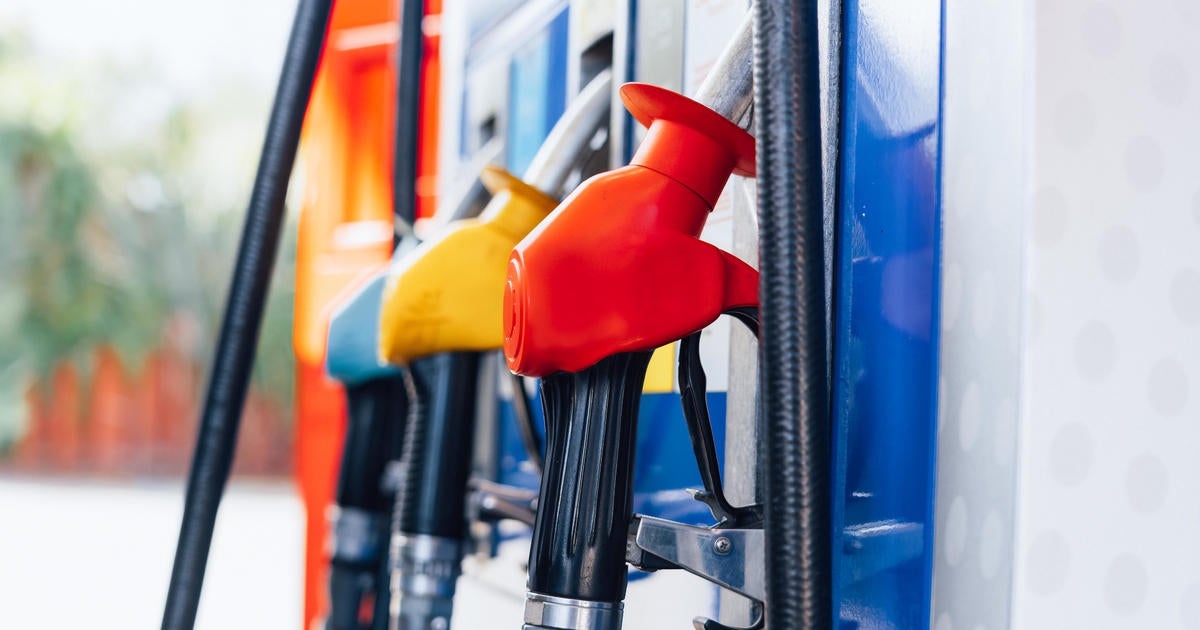Trump tariffs would be felt at the pump in the Midwest in particular, experts say
CHICAGO (CBS) -- The incoming Trump administration has proposed tariffs on Mexico and Canada—along with an additional levy on Chinese goods.
But just because those tariffs are not targeted at American consumers does not mean American consumers' wallets won't be affected.
Consumers will feel the effects of the tariffs in particular in the Midwest, where we rely heavily on Canadian imports of crude oil. That means it could cause a significant increase in the price of gasoline per gallon for those filling up their cars next year.
President-elect Trump's son, Eric Trump, talked about the rationale for the tariff plan on Fox News Channel Thursday. He said it is all to help cut down illegal immigration and drug flow into the U.S.
"You want to allow drugs to come through our southern border? We're going to tariff you," said Eric Trump. "You want to allow them to come through Canada? We're going to tariff you."
On Monday, President-elect Trump specifically promised a 25% tariff on all products coming from Mexico and Canada—in addition to a 10% levy on Chinese goods.
Experts have warned that if the Trump administration delivers on this promise, it could mean the prices of electronics, timber, and plastics could all go up.
"People who are impacted the most by tariffs are typically the exporter and the end user," said market expert Dan Deming, managing partner at KKM Financial.
But gas prices may be what are hit hardest in the Midwest with the Canada connection.
One expert said he estimates gas prices could rise between 25 and 75 cents per gallon. He explained the trickle-down effect that could cause.
"Unfortunately, if you tax the type of oil that these refineries use, again, that is a tax that's going to be paid by airlines, by consumers who fill up with gasoline, by trucking companies who fill up with diesel," said Patrick De Haan, head of petroleum analysis for Gas Buddy, "and it's going to apply to everything that comes out of a refinery—not just gasoline, not just diesel, not just jet fuel—but everything."
The tariffs are not yet a done deal. Canadian Prime Minister Justin Trudeau and President-elect Trump have been in discussions possibly to figure out a way around the proposal.







